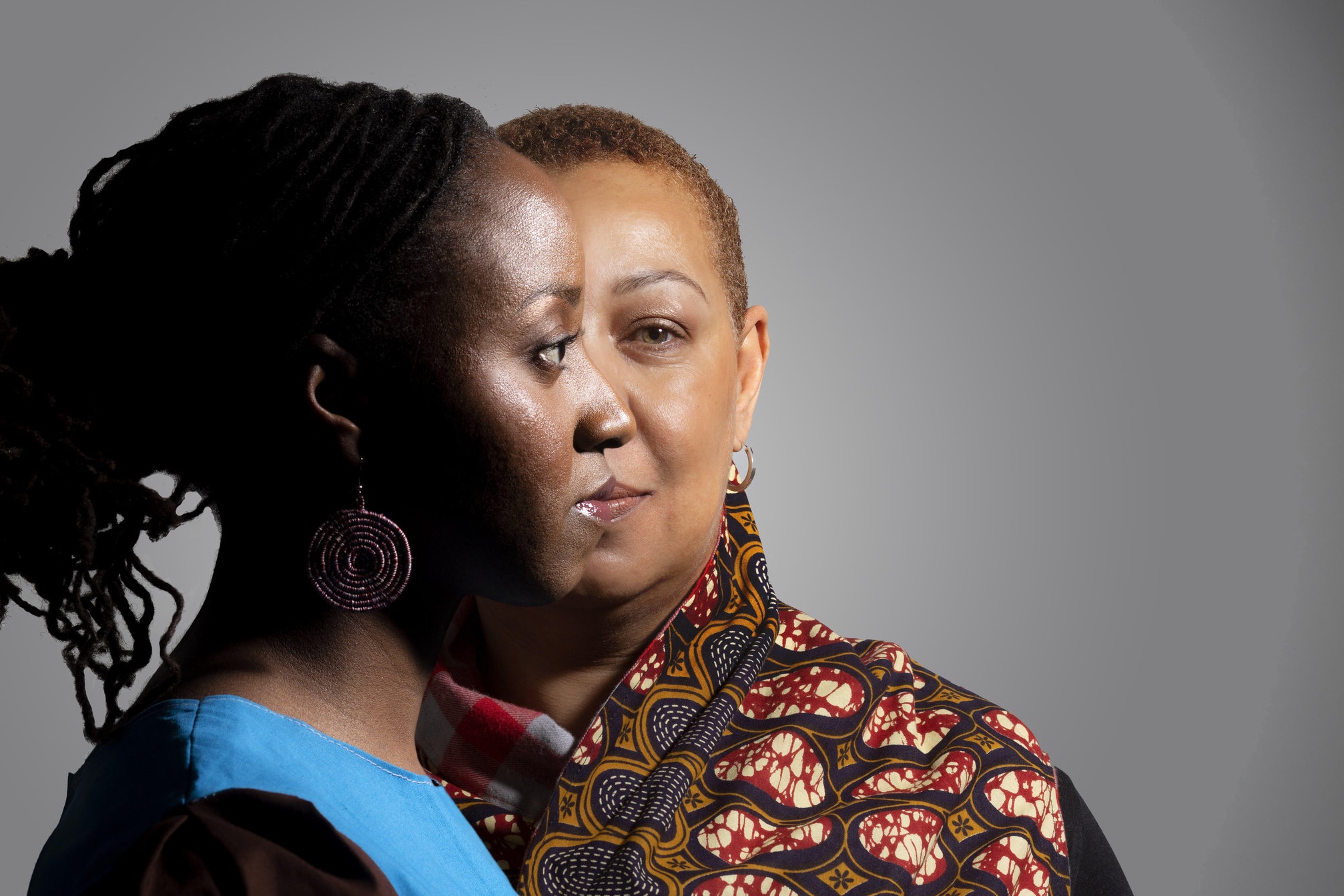Alison Duke and Ngardy Conteh George are the creative heavyweights behind Toronto’s women-led Black-owned production house OYA Media Group. Veterans in the field, they’ve been at the helm of several groundbreaking projects, including the Canadian Screen Award-winning documentary Mr. Jane and Finch and Being Black in Toronto, with several big titles primed for release in 2023.
Wanting to pay it forward, Duke and George founded the non-profit Oya Black Arts Coalition (OBAC) to empower Black creatives with the skills, support and resources necessary to succeed within Canada’s film and entertainment industry. OBAC addresses systemic inequalities through mentorship, networking, industry training and by providing safe spaces for experimentation.
Their contributions to Canadian film and TV are immeasurable. We connected with Duke and George to ask them about their work to support emerging Black creatives, and where the focus needs to be today.
What inspired you to start OYA Black Arts Coalition?
After 20+ years focused on social issues documentaries, we are now taking the issues and themes that we’ve discovered, and applying them to a variety of original scripted and unscripted content with global reach.
Combined and collectively, Ngardy and I have filmmaking and storytelling experience across multiple narratives and platform types: music video production, documentary, short, feature and television. We are an internationally award-winning creative team, and when we joined forces, we also wanted to scaffold and equip a new generation of Black creatives within the OBAC and OYA Media Group ecosystems.
Our Emerging Filmmaker programs give us unparalleled access to new talent and fresh ideas, which all contribute to Canada’s overall cultural currency.
When it comes to the Canadian arts & entertainment industry, what positive shifts have happened in recent years?
There have been some representation milestones and leadership gains by way of the Black and BIPOC lead productions and projects. Specifically, there is the work of diasporic Black creatives, sharing narratives from Canadian, Caribbean, and African perspectives. These are all important to, and informed by the story of Canada itself. They include the likes of Claire Prieto, Karen King, Clement Virgo, Alfonz Adetuyi, Charles Officer, Amanda Parris, Motion, Sharon Lewis and others, as well as those from within our own ecosystem.
We actually highlighted this growth in our award-winning 2022 release, Reel Black: Our Film Stories, which is currently on CBC Gem, and which showcases generational possibilities on screen in Canada by way of aforementioned trailblazers and newcomers such as Tristian Sutherland, Christian Anderson, Ajahnis Charley, and other up and comers. There are specific conversations about “working while Black” in the Canadian film and television sector that we felt the timing was right to share. Also, a lot of the younger talent are not fully aware of the work of these trailblazers so we needed to make a record of how we got to where we are now.
What shifts still desperately need to happen?
How to build long-term relationships with broadcasters is really what keeps us up at night. It’s really surprising how hard we work to create and maintain access.
What do you want to say to the emerging Black creative who is finding it challenging to break into the business?
Stay the course, your story is worthy, your technique and technology is worthy. We have innovation in storytelling as part of our nature, an example being Black Twitter. But you have to become well versed in the history of what came before you so you are not pitching funders and broadcasters about what has been done before.
Find out more about OYA Media Group and the Oya Black Arts Coalition.



 Follow Us On Instagram
Follow Us On Instagram
